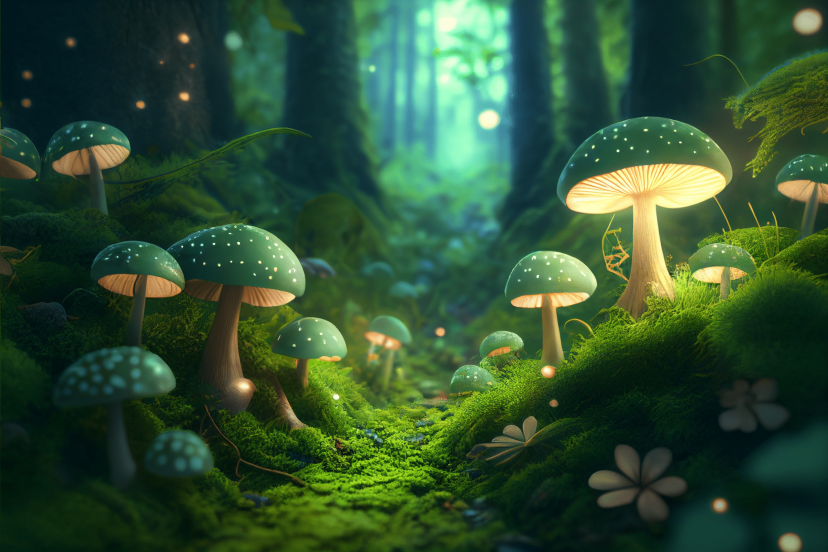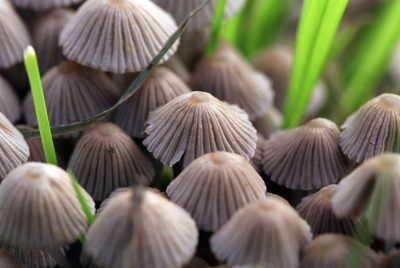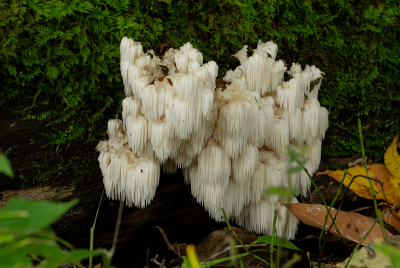Psilocybe semilanceata are a species of mushroom that can induce an LSD sort of trippy feeling…
Magic Mushrooms: A Journey into the Realm of Psychedelic Wonder

The Magic Fungi Road Begins Here
Magic mushrooms, also known as psilocybin mushrooms, have captivated human curiosity for centuries. These fascinating fungi possess mind-altering properties, transporting individuals into extraordinary realms of consciousness. From their historical and cultural significance to their therapeutic potential, these mushrooms offer a myriad of experiences. In this article, we delve into the world of magic fungi, exploring their types, active compounds, health benefits, risks, legality, cultivation methods, and spiritual significance. So, fasten your seatbelt and get ready for a transformative journey!
Introduction
Magic mushrooms are a type of fungi that contain naturally occurring psychedelic compounds, such as psilocybin and psilocin. These compounds interact with the brain’s serotonin receptors, leading to altered states of perception, heightened introspection, and profound spiritual experiences. Cultures throughout history have revered psilocybin mushrooms for their mystical properties, incorporating them into rituals and ceremonies.
Types of Magic Mushrooms
There are numerous species of magic mushrooms, each with its unique characteristics. Psilocybe cubensis, commonly known as the “Golden Teacher,” is one of the most widely cultivated and popular species. Psilocybe semilanceata, also known as the “Liberty Cap,” is a smaller mushroom found in grassy areas. Amanita muscaria, recognizable by its vibrant red cap and white spots, is another iconic species. Additionally, there are various other species, each with its distinct features and effects.
Active Compounds in Magic Mushrooms
The magic of these mushrooms lies in their active compounds, primarily psilocybin and psilocin. Psilocybin is a prodrug that converts to psilocin in the body, interacting with serotonin receptors in the brain. This interaction triggers a cascade of effects, leading to altered perceptions, intense emotions, and expanded consciousness. Other compounds present in magic mushrooms, such as baeocystin and norpsilocin, may also contribute to the overall psychedelic experience.
Health Benefits of Magic Mushrooms
Beyond their recreational use, magic fungi hold promising potential for mental health and well-being. Research suggests that psilocybin-assisted therapy can help alleviate symptoms of anxiety, depression, and post-traumatic stress disorder (PTSD). The profound experiences induced by magic mushrooms can promote self-reflection, facilitate emotional healing, and increase empathy and connectedness.
Therapeutic Uses of Magic Mushrooms
Psychedelic-assisted therapy, involving the controlled use of magic mushrooms in therapeutic settings, has gained traction in recent years. Clinical trials have shown promising results in treating addiction, particularly in cases of smoking cessation and substance use disorders. Psychedelic mushrooms have also shown potential in improving the quality of life for individuals facing terminal illnesses, offering comfort, and reducing end-of-life anxiety.
Risks and Side Effects
While magic of these mushrooms can be transformative, it’s essential to approach their use with caution. The intense psychological effects can be overwhelming for some individuals, potentially leading to panic, confusion, or a “bad trip.” Physiologically, spiritual mushrooms can cause changes in perception, sensory distortions, and alterations in thought patterns. It’s crucial to be aware of the risks, set and setting, and approach their use responsibly.
Legality of Magic Mushrooms
The legal status of magic mushrooms varies worldwide. Some countries classify them as illegal substances, while others allow their use for research, spiritual, or therapeutic purposes. In recent years, there has been a growing movement to decriminalize or legalize psilocybin, driven by mounting evidence of its potential therapeutic benefits. However, it’s essential to familiarize yourself with the legal framework in your jurisdiction before considering their use.
Cultivation and Consumption
For those interested in exploring the world of magic mushrooms, cultivation can be a rewarding endeavor. Growing magic mushrooms at home requires careful attention to detail, specific environmental conditions, and sterile techniques. The consumption methods vary, including ingestion, brewing in tea, or even microdosing—taking sub-perceptual doses to experience the potential benefits without the intense psychedelic effects.
Spiritual and Cultural Significance
Magic mushrooms have been intertwined with spiritual and cultural practices throughout history. Indigenous cultures, such as those in Central and South America, have used mushrooms in shamanic rituals to gain spiritual insights, healing, and divination. Contemporary spiritual movements also incorporate magic mushrooms as tools for self-exploration, transcendence, and connecting with the divine.
Research and Studies
Scientific research on magic mushrooms has experienced a resurgence in recent years. Studies have explored their potential therapeutic applications, mechanisms of action, and effects on the brain. Exciting research indicates that magic mushrooms could hold promise in treating mental health conditions, such as treatment-resistant depression. As scientists delve deeper into this fascinating realm, more discoveries are anticipated.
Conclusion
Magic mushrooms offer a doorway to altered states of consciousness, profound self-reflection, and potential therapeutic benefits. Their historical and cultural significance, combined with ongoing scientific research, has brought these fungi to the forefront of conversations surrounding mental health and personal growth. As the stigma surrounding psychedelics continues to fade, magic mushrooms may play a crucial role in shaping the future of medicine and human experience.
FAQs
1. Are magic mushrooms addictive?
Magic fungi themselves are not considered physically addictive, and tolerance can develop rapidly, requiring increasing doses for the same effects. However, individuals can develop psychological dependence on the experiences provided by magic of these mushrooms.
2. Can magic mushrooms be dangerous?
While magic mushrooms are generally considered safe when used responsibly, they can pose risks to mental health and overall well-being. Individuals with a history of psychiatric disorders or unstable mental health should approach their use with caution.
3. How long does a magic mushroom trip last?
The duration of a psilocybin mushroom trip varies depending on the dose, individual metabolism, and the specific mushroom species consumed. Generally, trips can last anywhere from four to six hours, with the peak effects occurring around two to three hours after ingestion.
4. Can I mix magic mushrooms with other substances?
Combining the magic of these mushrooms with other substances, such as alcohol or stimulants, can be unpredictable and potentially dangerous. It’s crucial to avoid polydrug use and consult with a healthcare professional if you have concerns about interactions.
5. Are magic mushrooms legal in my country?
The legal status of magic fungi varies worldwide. It’s important to research the specific laws and regulations in your country or state to ensure compliance with local legislation.
Disclaimer: The information provided in this article is for informational purposes only and should not be construed as medical or professional advice. Consult a healthcare professional before making any decisions regarding the use of magic mushrooms or any other substances.


